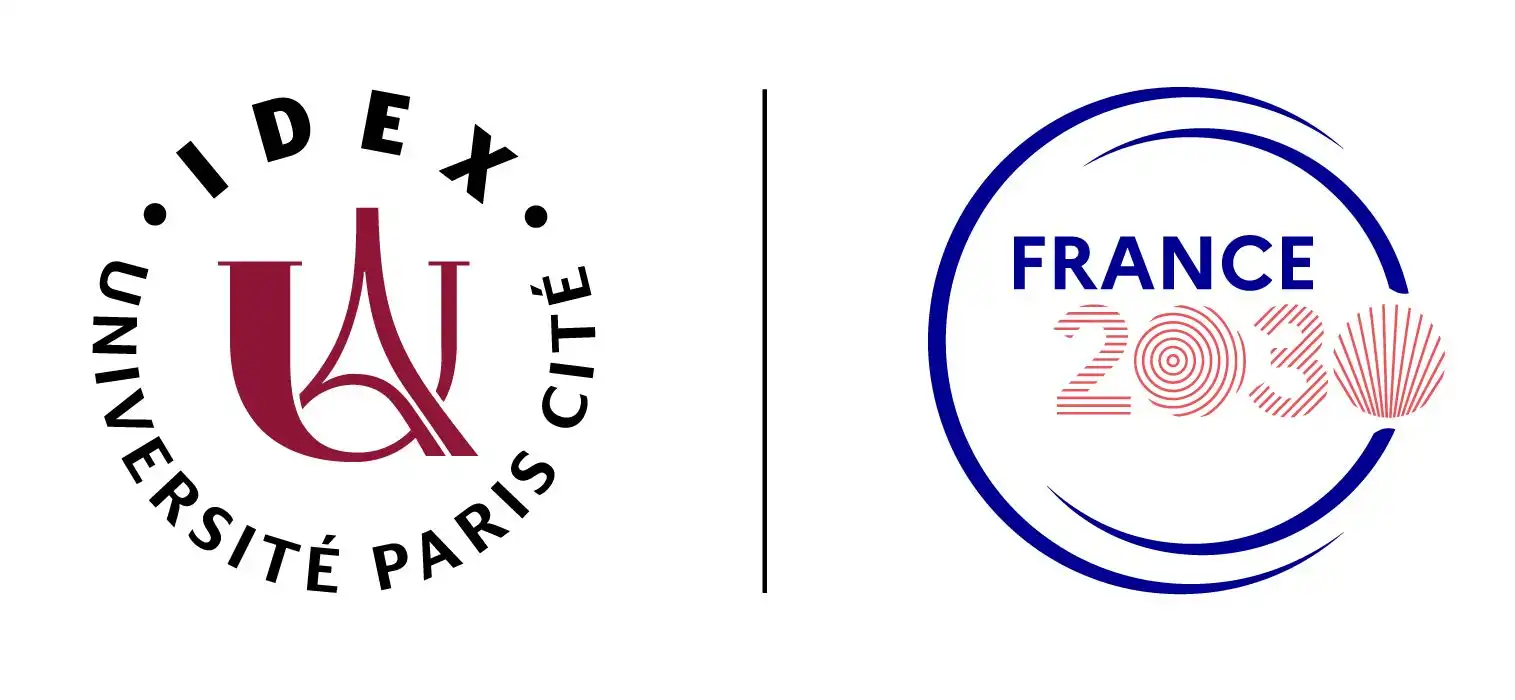
Home>Research>Project>Fostering the language skills of children from low-educated families through parental book reading: an extended experimental study (2017)
Fostering the language skills of children from low-educated families through parental book reading: an extended experimental study (2017)
Project leaders :
- Carlo BARONE (OSC-LIEPP, Sociology)
- Denis FOUGERE (CNRS-OSC-LIEPP, Economy)
- Agnès van ZANTEN (CNRS-OSC-LIEPP, Sociology)
Research team :
- Nathalie MAREC-BRETON (Université de Rennes, Psychology)
- Karine MARTEL (Université de Caen, Psychology)
This project obtained funding from LIEPP through the 2017 call for proposals.
This research project extends a previous research project funded by the LIEPP in 2016.
The former project aimed at testing by means of a randomised controlled trial whether an intervention that promotes parental book reading to the children can improve the language skills of the children and their attitudes towards reading. The intervention provided families with two books for free each week, as well as with information on the benefits of reading and suggestions to develop effective reading practices. This information was delivered using brochures, phone calls and text messages (see below for a more detailed description). We aimed at assessing whether this intervention affected: a) the receptive vocabulary skills of the children; b) the frequency of shared book reading; c) the enjoyment of reading activities of children and parents. Crucially, we can assess treatment heterogeneity related to parental education and immigrant background, as well as to a set of school-level characteristics to determine which specific targets benefit more from this intervention and which kind of schools are more effective in delivering it.
The intervention was delivered between February and May 2017. In this document, we will first document its successful implementation: the high internal and external validity of the study, the very positive reception on the side of school authorities and teachers, the large participation of parents & children and the high treatment fidelity, the network of academic and non-academic collaborations developed in these months, the interest of the media. Then we will argue that the current experimental design has some limitations that could be overcome in a second stage of this study: a) the current protocol assesses only the short-term effects of this intervention, while it would be important to assess its effects later in time; b) there are good reasons to develop a second intervention based on parental book reading to broaden the focus of the intervention, to enlarge the target outcomes and to improve its implementation on the basis of the lessons learnt this year. We argue that this second stage could rely on the expertise, materials and scale economies derived from the first year of experimentation and that, at the same time, it could extend the work of this first year following a cumulative logic of progressive refinement.

